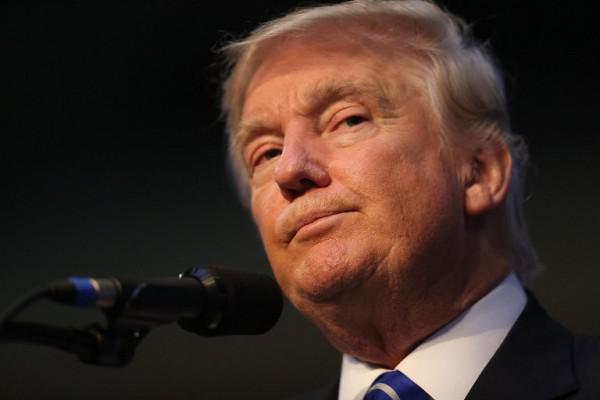US Holds Informal Talks with North Korea: An Alert to US-SKorea Cooperation against NKorean Threats?
(South Korea) on 24 October 2016
by (link to original)
A Foreign Ministry official said, “The U.S. government classifies this informal meeting as a private Track 2 dialogue, which has nothing to do with Washington,” and added, “South Korea and the U.S. will continue to impose tough sanctions and exert pressure on North Korea while working closely with the international community.” Under circumstances where the North has signaled its intention to change the landscape of the international community’s sanctions against it, the comment can be interpreted as an attempt to prevent the possible rise of a "grand bargain" approach.
North Korea is assumed to have had an exploratory meeting with the U.S. in the form of a non-governmental dialogue to tip the balance with the next U.S. administration prior to the U.S. presidential election, which will be held in 15 days. The Oct. 21-22 gathering is particularly notable because the participants are veteran negotiators for U.S.-North Korea agreements. Gallucci was the chief U.S. negotiator for the 1994 U.S.-DPRK Agreed Framework, and DeTrani served as a special envoy for North Korean policy and helped broker the Sept. 19 Joint Statement in 2005; Han Song-ryol served as a negotiation channel between the U.S. and the North during his long tenure as deputy representative to the U.N. The unofficial dialogue between these officials, a possible prelude to formal talks, should not be ignored.
Prior to the gathering, the attempt by the Ministry of National Defense to include the “permanent deployment of U.S. strategic assets to the Korean Peninsula on a rotational basis” in the Joint Communiqué of the U.S.-ROK Security Consultative Meeting held in Washington, D.C., on Oct. 20, 2016, misfired. Although the Park administration changed course and decided to revisit the topic at the soon-to-be-set-up U.S.-ROK Extended Deterrence Strategy and Consultation Group, it is obvious that the overzealous government misstepped after it failed to correctly read the intentions of the United States. The immediate priority is to step up the international community’s sanctions and pressure on North Korea. In the meantime, the government should check if our nation is on the same page with the U.S. regarding North Korean threats. Moreover, the possibility North Korea will engage in dialogue with the new U.S. administration next year cannot be ruled out. Therefore, the Park administration should not neglect the need to be prepared for all sorts of possibilities, including the option to seek an exit strategy by engaging in conversation.
*Translator’s Note: The original quotation, while accurately translated, could not be verified.

